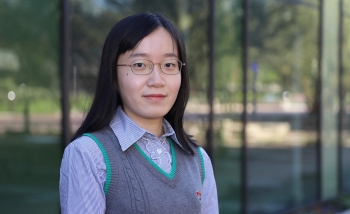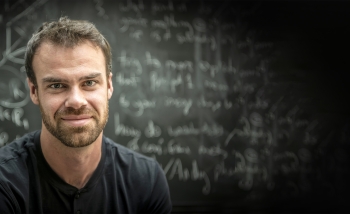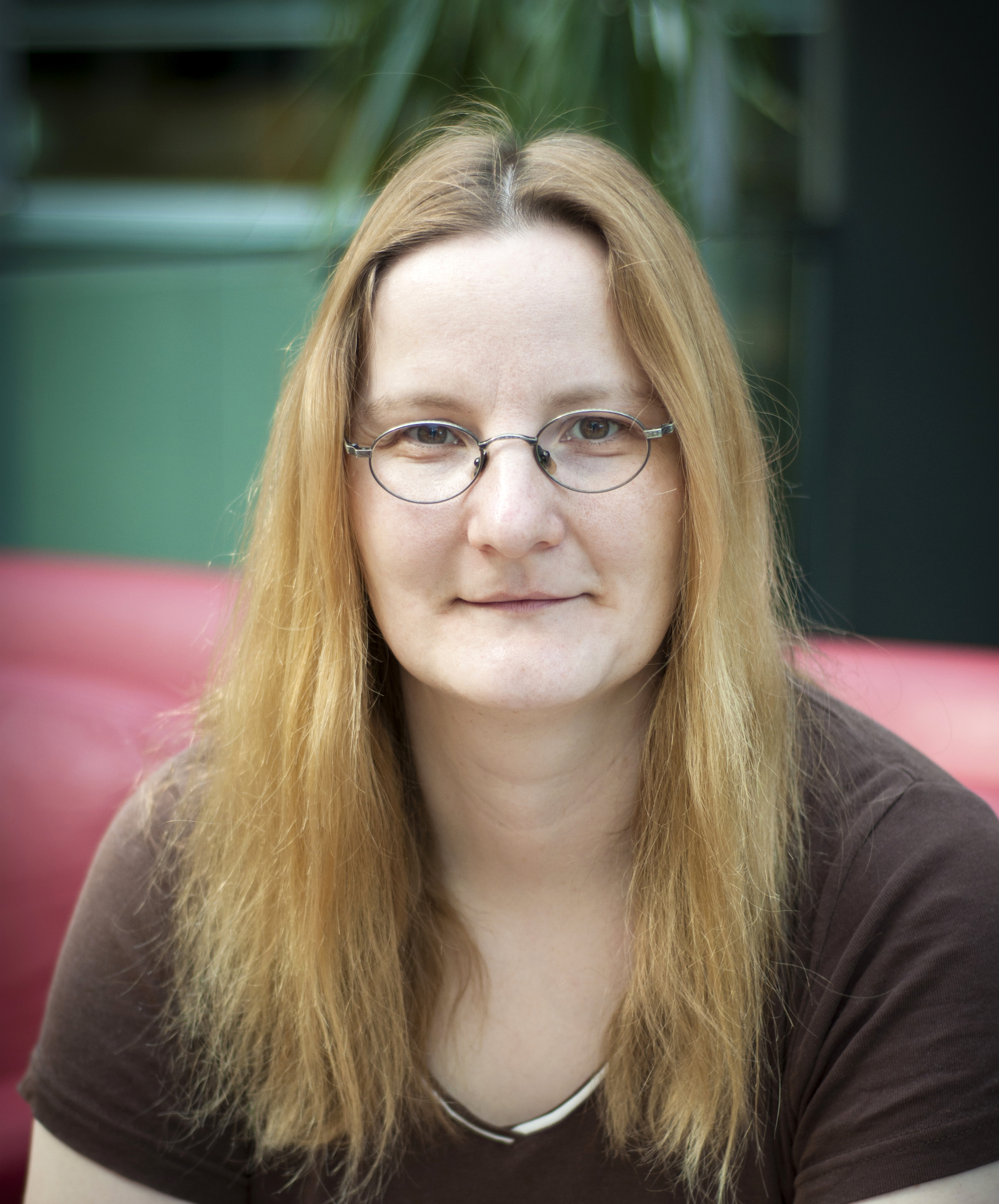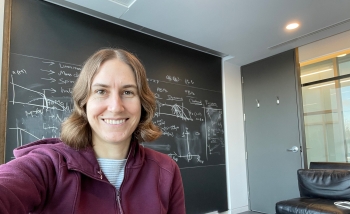Perimeter hosted the Honourable John Milloy, MPP for Kitchener Centre, as he announced $2.8 million in funding from the Ontario Government in support of basic science in Waterloo Region. In addition to announcing funding for research infrastructure, Milloy named the 20 local recipients of Ontario’s Early Researcher Awards, which support highly promising early-career faculty with $140,000 grants.
“Kitchener-Waterloo leads some of the most innovative research in this province. I am delighted to announce Ontario’s support for the ground-breaking, world-class work being conducted at three of our fine educational facilities,” Milloy said.
“On behalf of Perimeter, and in concert with Wilfrid Laurier and the University of Waterloo, let me offer our profound thanks to your government and to the Ontario public,” said Perimeter Director Neil Turok. “We are honoured to be supported by you, and determined to ensure excellent results. History has shown us that time and again, basic discoveries open doors to the future – new technologies, new understanding, and the progress of human society.”
The Early Researcher Awards program helps promising young faculty members build their research teams of graduate students, postdoctoral fellows, research assistants, and associates. The goal of the program is to improve Ontario’s ability to attract and retain the best and brightest research talent from around the world.
At Perimeter, four researchers were honoured with ERAs:
- Dmitry Abanin, who is a pioneer in the theory of graphene, a revolutionary material now finding its first applications in a wide variety of devices. Abanin is working to develop a deeper theoretical understanding of the broader class of materials to which graphene belongs.
- Bianca Dittrich, who is working to discover whether space itself is built out of some kind of fundamental building blocks, called spacetime atoms. This is one promising way to unify the theory of quantum mechanics with Einstein’s theory of gravity, into a theory of quantum gravity.
- Davide Gaiotto, who works to extend the basic vocabulary of physics by discovering and defining new classes of quantum field theories. His research has led to unexpected progress in mathematics, and is aimed at a deeper understanding of the laws governing the universe. Gaiotto is the Krembil Foundation Galileo Galilei Chair in Theoretical Physics at Perimeter Institute.
- Natalia Toro, who has invented ways to use existing particle accelerators to search for possible forces of nature beyond the four we know about, and who is developing a startling new theory about the way known forces might work.
Also receiving ERAs are 14 faculty from the University of Waterloo and two from Wilfrid Laurier. “Their work will be instrumental to a dynamic and innovative business climate in Ontario, a climate that will draw investment and opportunity and build our province’s economic strength and competitive edge for generations to come,” said Milloy.
“Perimeter is very proud of our young faculty members who are receiving Early Researcher Awards today,” said Turok. “They are exploring some of the most basic questions in physics. They are each highly creative thinkers, cutting their own paths across disciplines, questioning established ideas, and moving the whole field forward.”
Further exploration
À propos de l’IP
L'Institut Périmètre est le plus grand centre de recherche en physique théorique au monde. Fondé en 1999, cet institut indépendant vise à favoriser les percées dans la compréhension fondamentale de notre univers, des plus infimes particules au cosmos tout entier. Les recherches effectuées à l’Institut Périmètre reposent sur l'idée que la science fondamentale fait progresser le savoir humain et catalyse l'innovation, et que la physique théorique d'aujourd'hui est la technologie de demain. Situé dans la région de Waterloo, cet établissement sans but lucratif met de l'avant un partenariat public-privé unique en son genre avec entre autres les gouvernements de l'Ontario et du Canada. Il facilite la recherche de pointe, forme la prochaine génération de pionniers de la science et communique le pouvoir de la physique grâce à des programmes primés d'éducation et de vulgarisation.
Ceci pourrait vous intéresser

L’Institut Périmètre accueille un nouveau membre du corps professoral de recherche, Sisi Zhou
septembre 25, 2023


